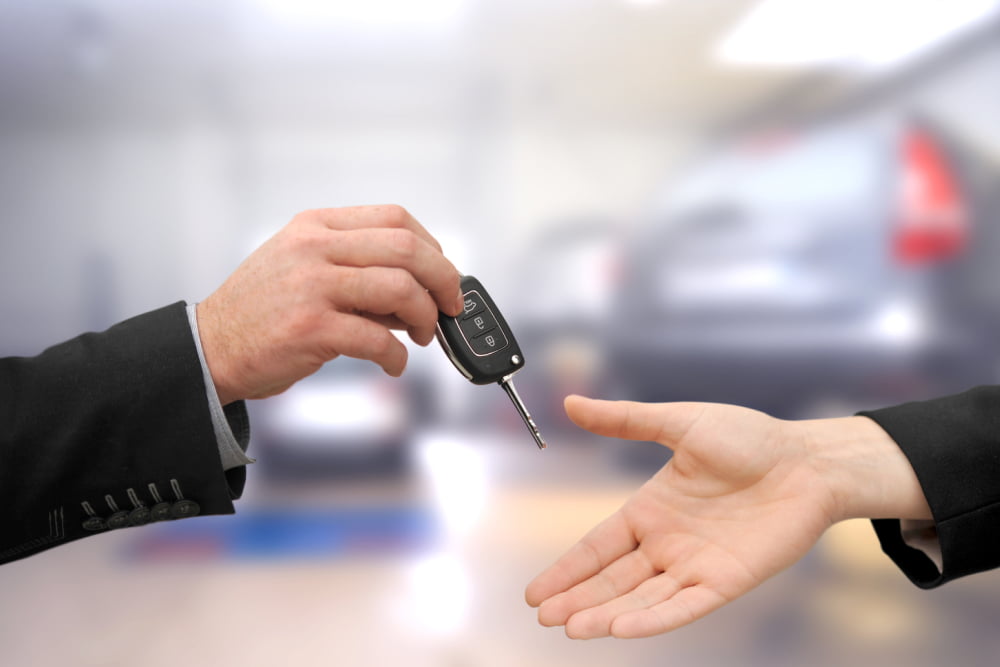8 mistakes one should avoid when hiring a car

Anyone hiring a car could benefit significantly from the service. A rental system gives the liberty and flexibility to travel to various places during a trip. One could do it by paying a fixed amount and without having to wait for a dedicated driver to arrive. However, there are many elements that one could get wrong while renting a car, making the experience less than pleasant. Here are eight car hiring mistakes one should avoid.
Buying additional insurance
Insurance is one of the most important factors when driving a car. However, one should not buy additional cover that isn’t required. Several car hiring agencies offer insurance coverage for a per-day fee, such as Supplemental Liability Insurance and Loss Damage Waiver (LDW). But one might not always require these options. Several major credit card companies have insurance embedded into their purchases, and even regular car insurance premiums include flexibility with rental cars. One should call their bank or insurance provider first to see if they have primary or secondary coverage before considering additional options.
Not checking the mileage policy
Many people who rent cars usually fail to check if the company offers unlimited miles on the vehicle or not. If it does not, the individual will likely pay a heavy fine for exceeding the allotted miles for the rental duration. For example, if a driver exceeds a 100-mile limit, they will be charged a per-mile cost, ranging from as low as 35 cents to a much higher fee. Furthermore, some rental companies might offer unlimited mileage in certain states, while going out of those areas will incur additional costs. Therefore, one should check the rental service’s mileage policy to ensure no additional charges are incurred upon car return.
Not paying for tolls personally
One will have to pay the toll charges, even if they hire a car from the rental company. However, people opt to let the rental service cover the cost of the toll, which could drive up costs by a significant margin. This could happen because the rental may charge a premium to cover the toll. For example, some companies might charge between $3 to $10 per day, either in administrative or admin fees, where this cost is over and above the associated toll amount. Therefore, drivers should ensure that the transponder included in the car is closed and that they pay for tolls directly at the booth or online to save on additional charges.
Prepaying for gas
Returning a rental car without filling the gas tank might seem convenient, but it’s a mistake. Rental agencies charge a much higher per-gallon rate than gas stations. Additionally, the rental agreement may include fine print that states the company can charge the driver a reduced price per gallon for a full tank if the car is returned without being refueled. Even if the tank is only partially empty, the driver will be charged for a full tank. To avoid this, it’s best to fill up the tank before returning the car. You can also save time by planning and finding a nearby gas station online or while leaving the airport.
Neglecting discount and coupon codes
Many individuals hire a car online in a hurry and pay the full price. However, there are several discounts and coupons that one could use directly on the company’s website before making the payment to save on costs tremendously. Moreover, some third-party websites may offer a car rental deal for half the price compared to the price on the official rental agency’s website. Moreover, there are several credit card companies and banks that offer their members discount codes to cut costs on bookings. So, one should always take the time to look for offers before making the payment for a car rental.
Ignoring the rental membership
A rental membership could be useful if an individual uses the services regularly. The rental agency may offer a club program that offers its members money-saving benefits, discounts, and other perks. One includes the ability to skip the line and walk right into the car to save time. A member will also earn points toward future rentals and upgrades, plus get an extra driver added, usually for free. Most rental companies offer a reward plan, so one should check for this on the official website before hiring a car.
Paying for GPS
Several individuals pay for a GPS the agency offers to get around, especially if they are in unknown territory. But these might cost a lot to rent, with some companies charging over $10 per day for access. Instead, one could use the built-in maps on their phone to navigate around. For data, the individual could easily purchase a temporary SIM card at the airport. Even if they do not have a sim card or data, they could download the off-line map before reaching the destination and use it in airplane mode to give directions.
Pairing the phone with Bluetooth
Most car rental agencies offer users the ability to pair their cell phone with the car’s navigation or satellite system through Bluetooth. While this is a great feature to enjoy music or make a hands-free call, there might be a downside. When pairing, the system might ask to sync contacts and phone details. If a user selects yes, all the personal information is loaded into the car and may remain accessible to future car renters. Therefore, one should avoid giving access to contacts to stay safe. One could always listen to the radio and enjoy a random set of tunes or pay attention to news stories throughout their trip.
To ensure a hassle-free trip whenever one travels, one must be wary of the abovementioned car hiring mistakes and save oneself from spending money unnecessarily.







